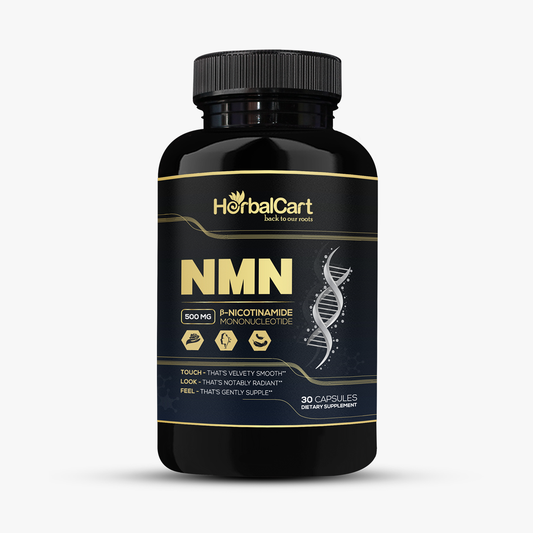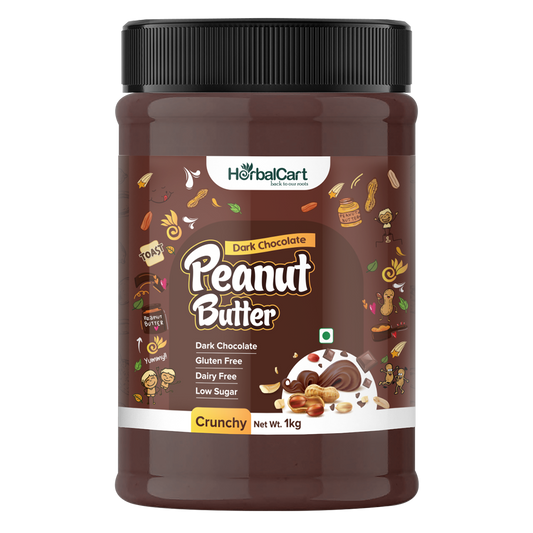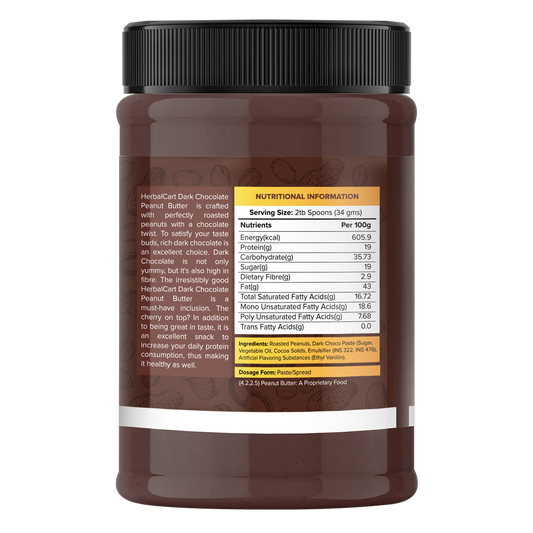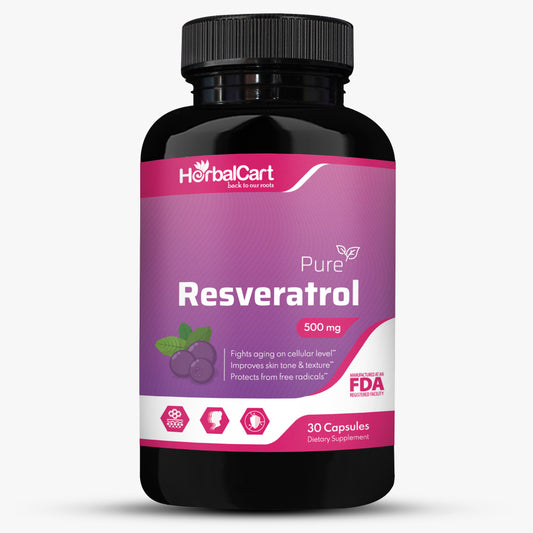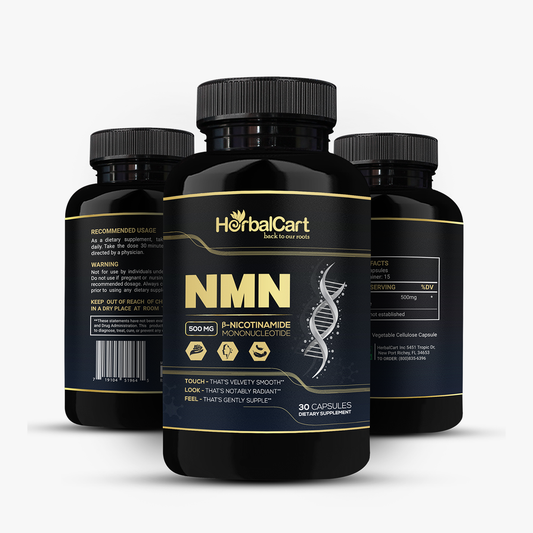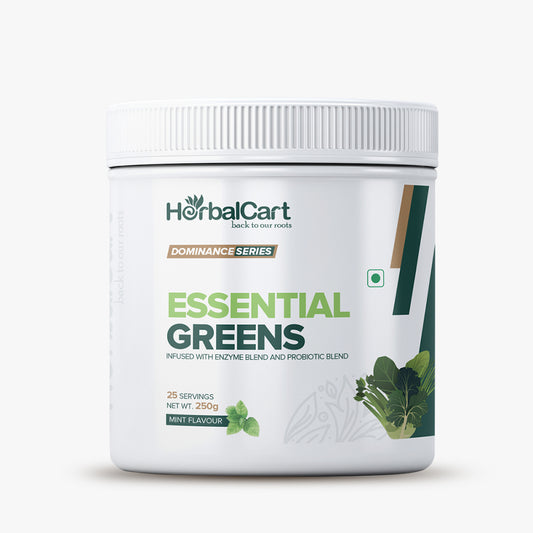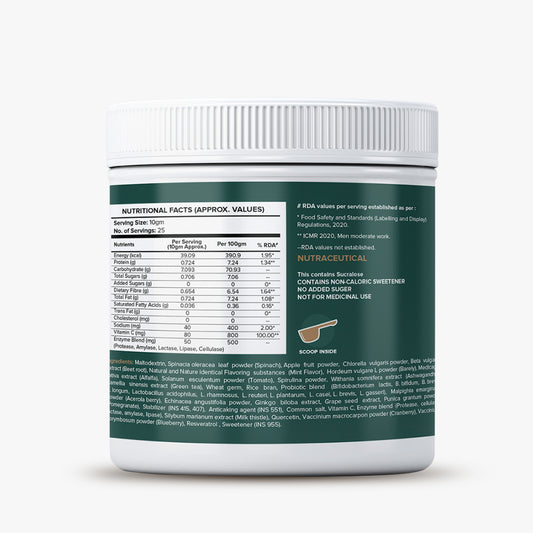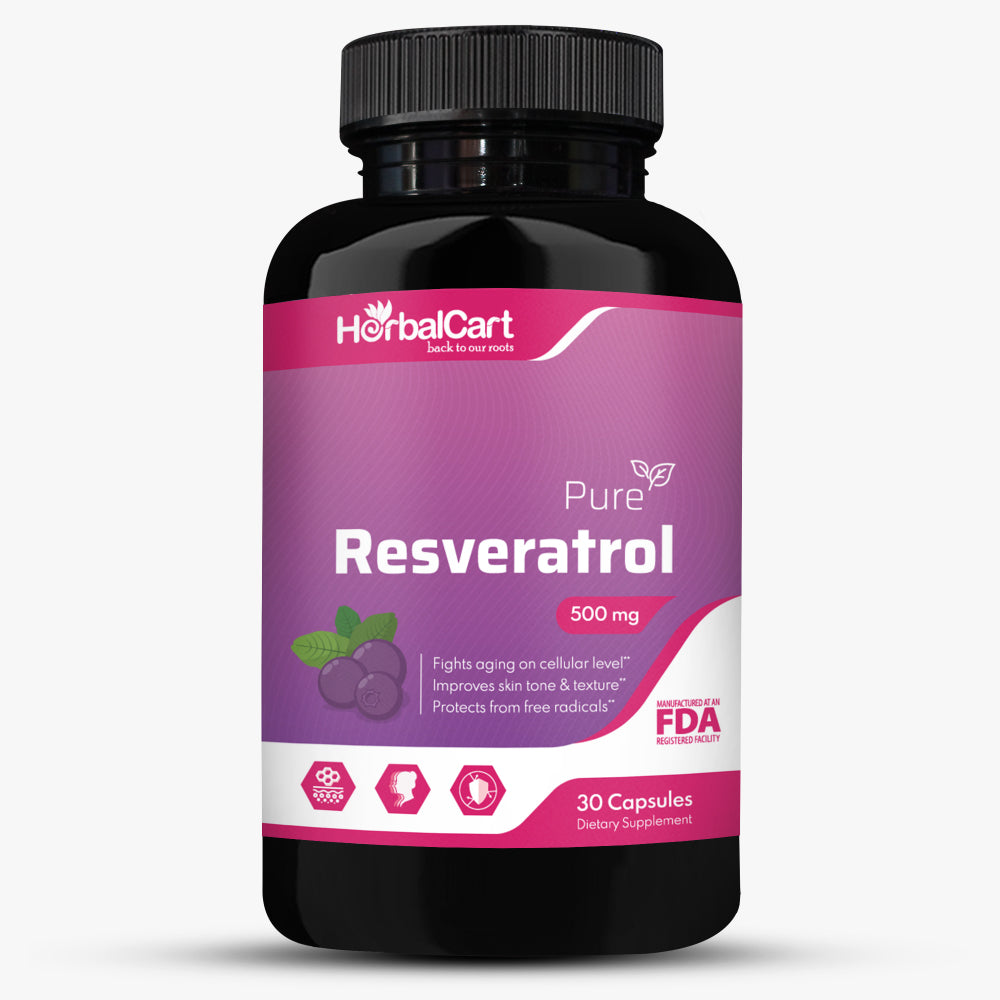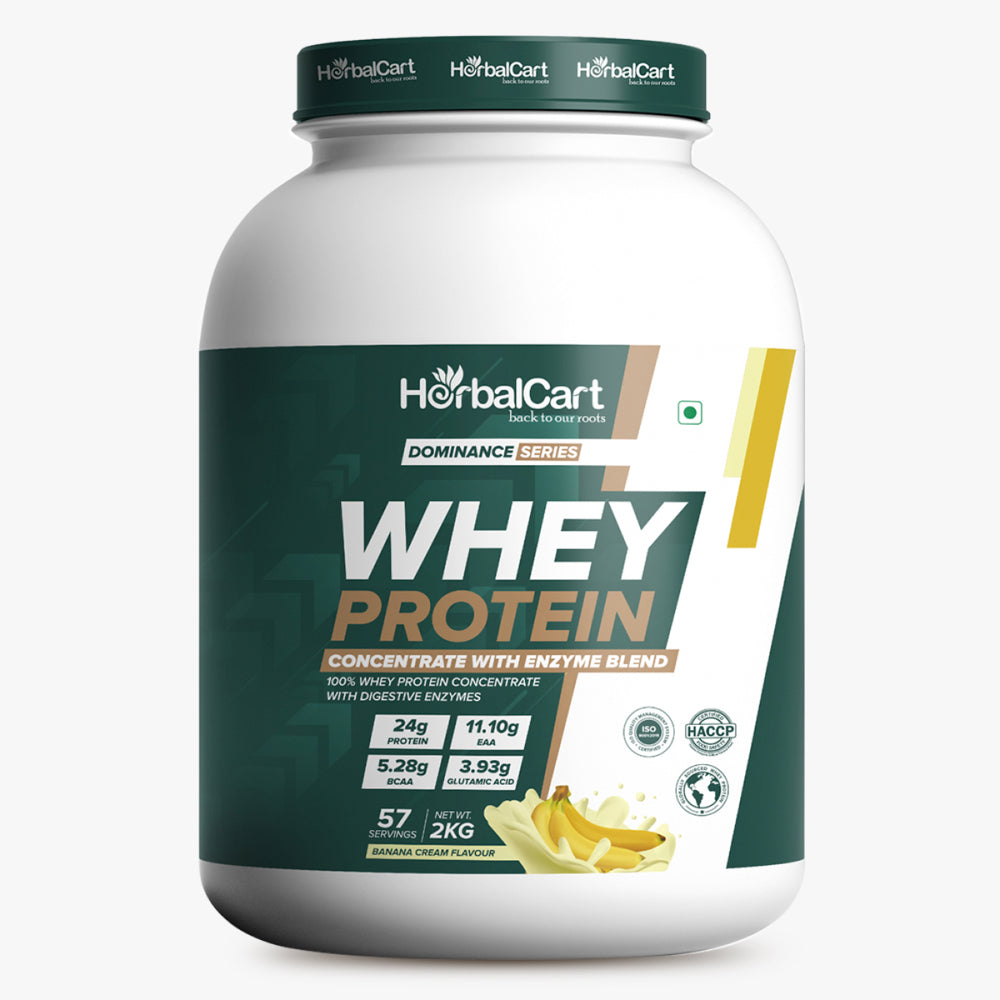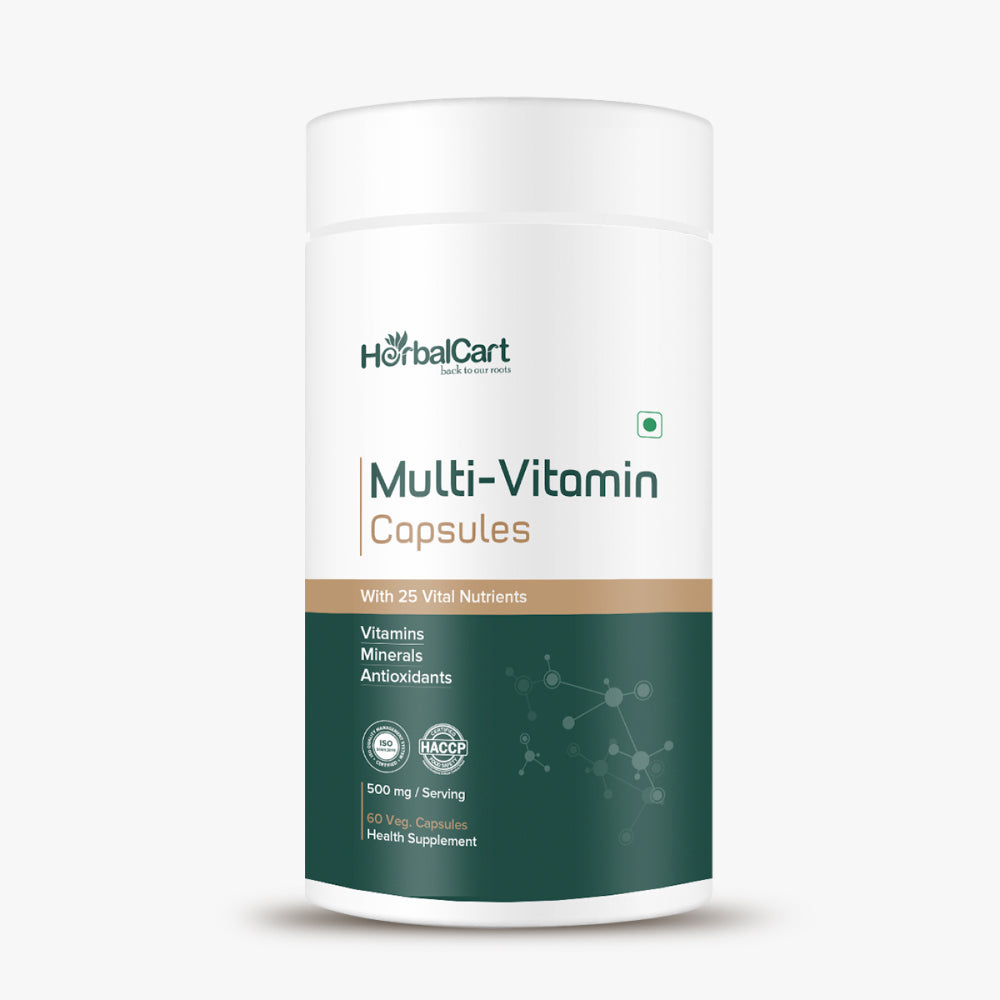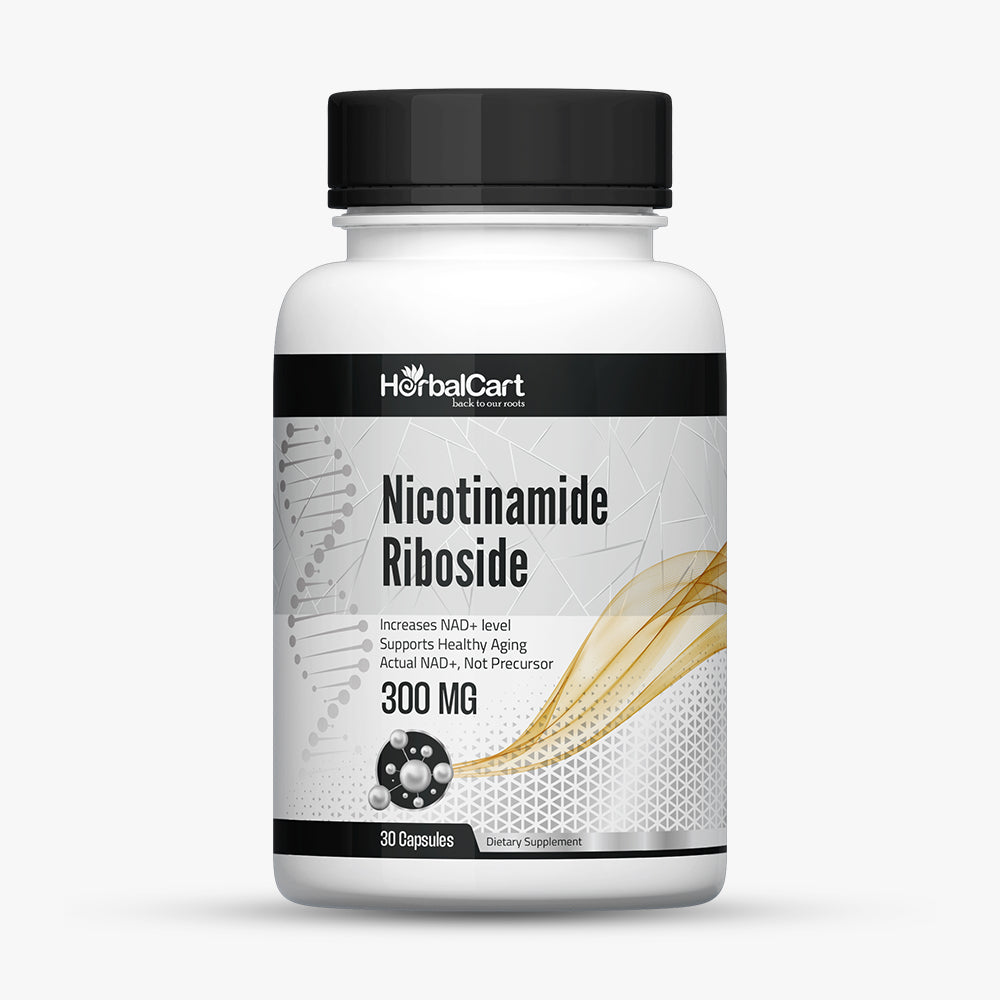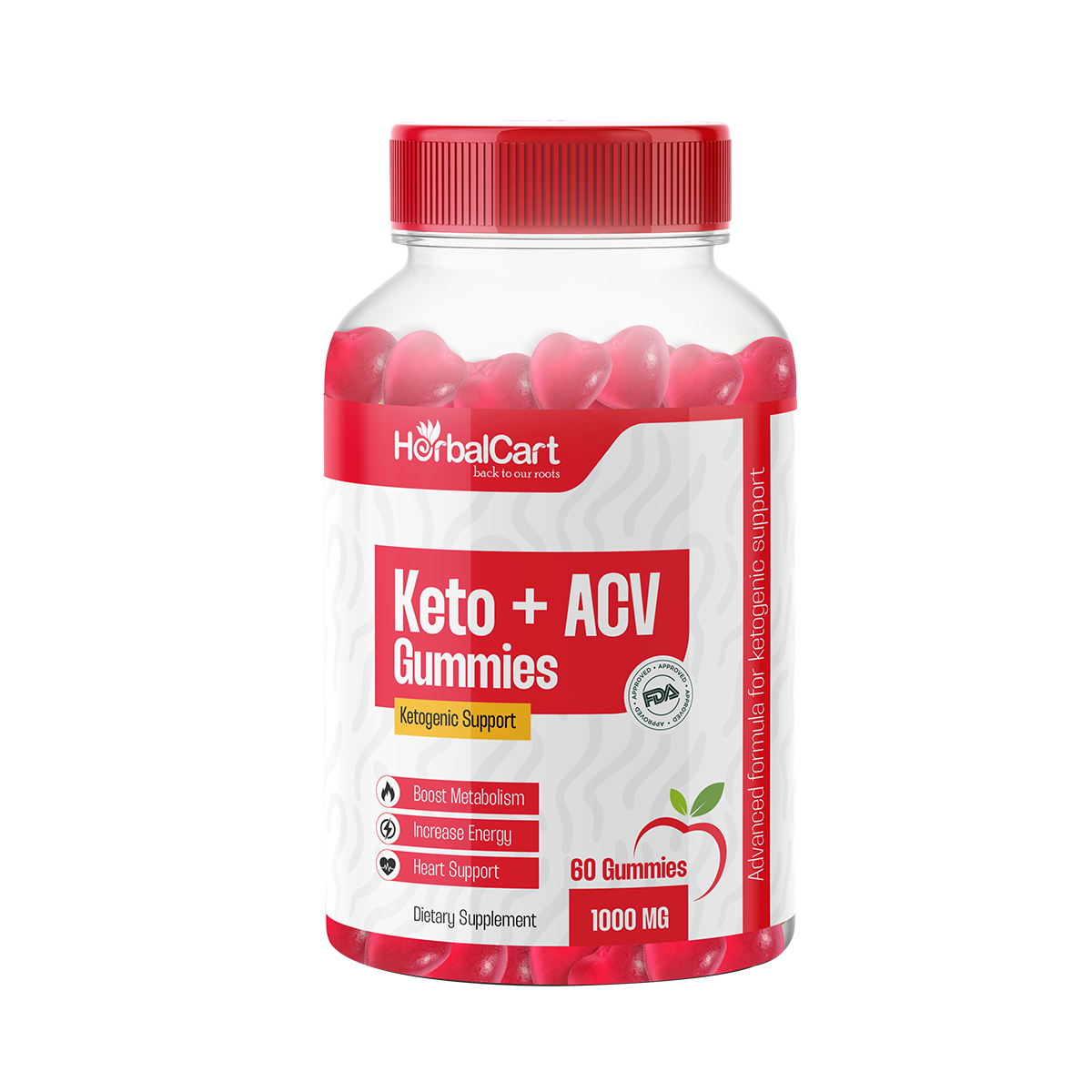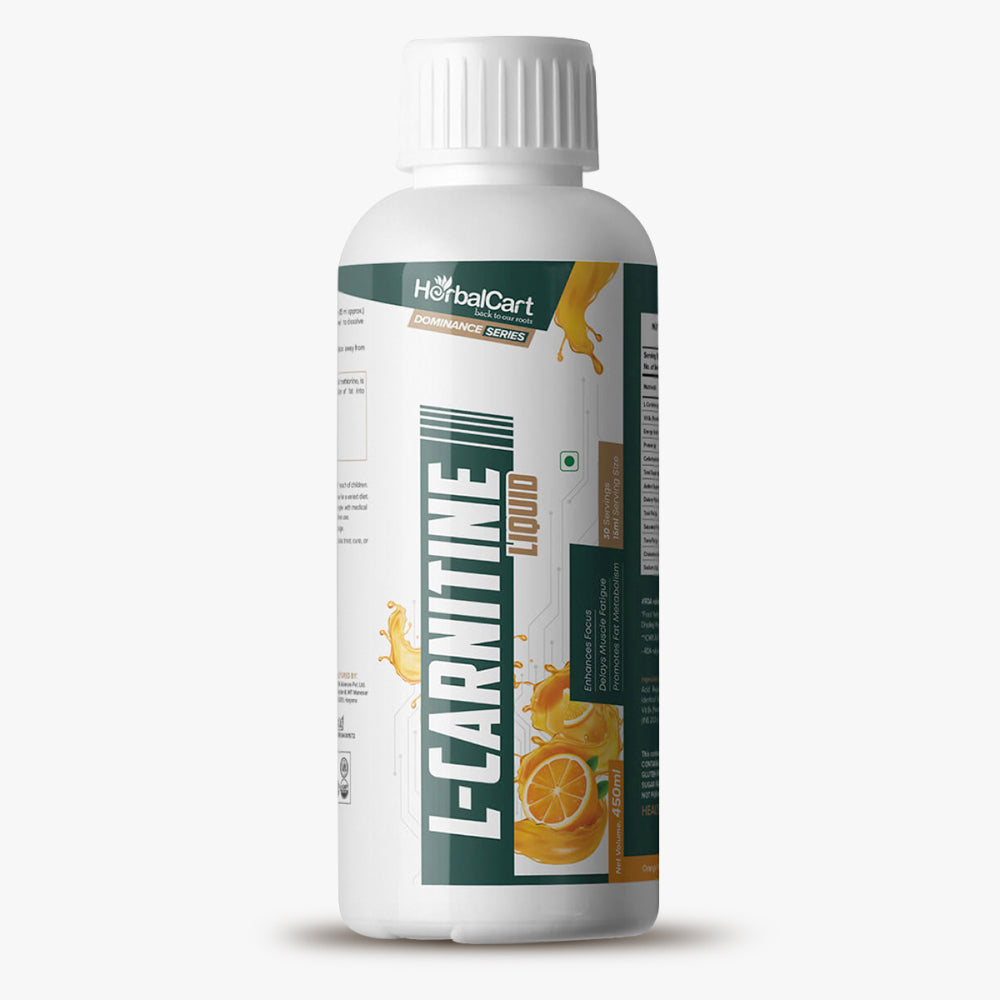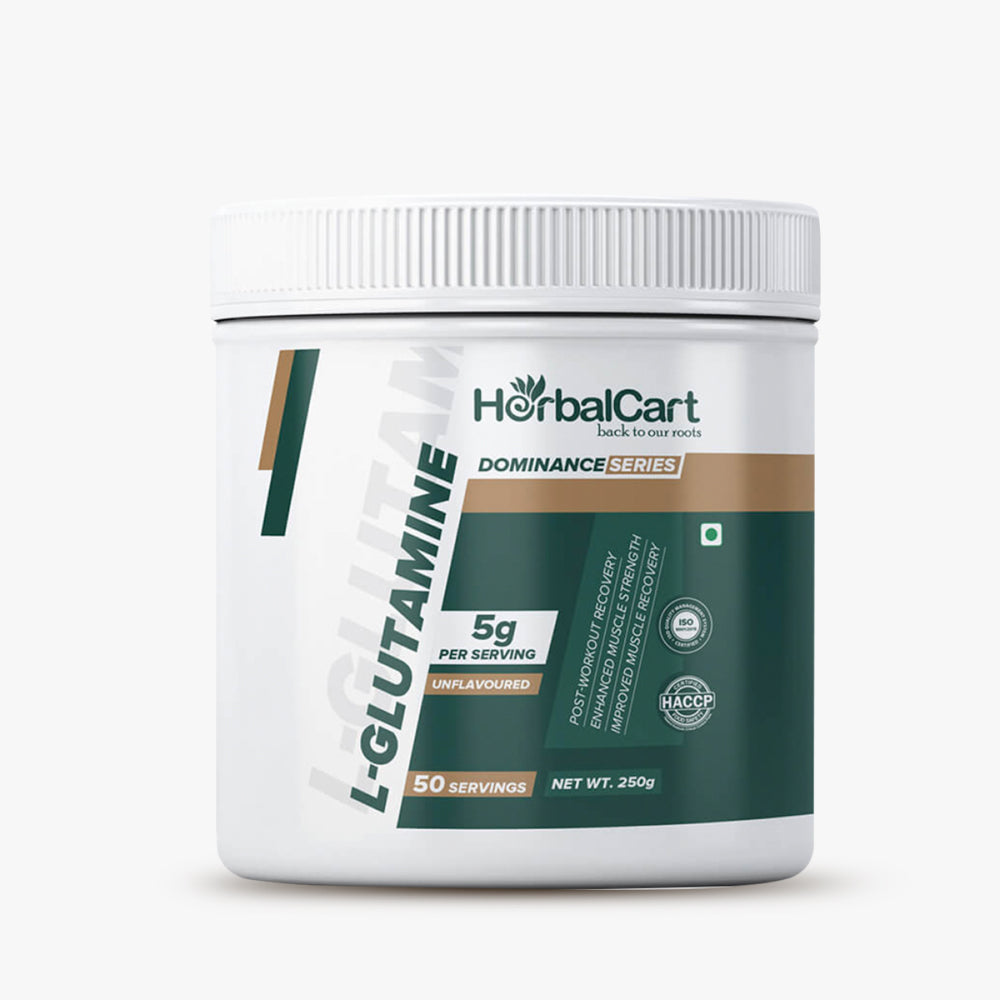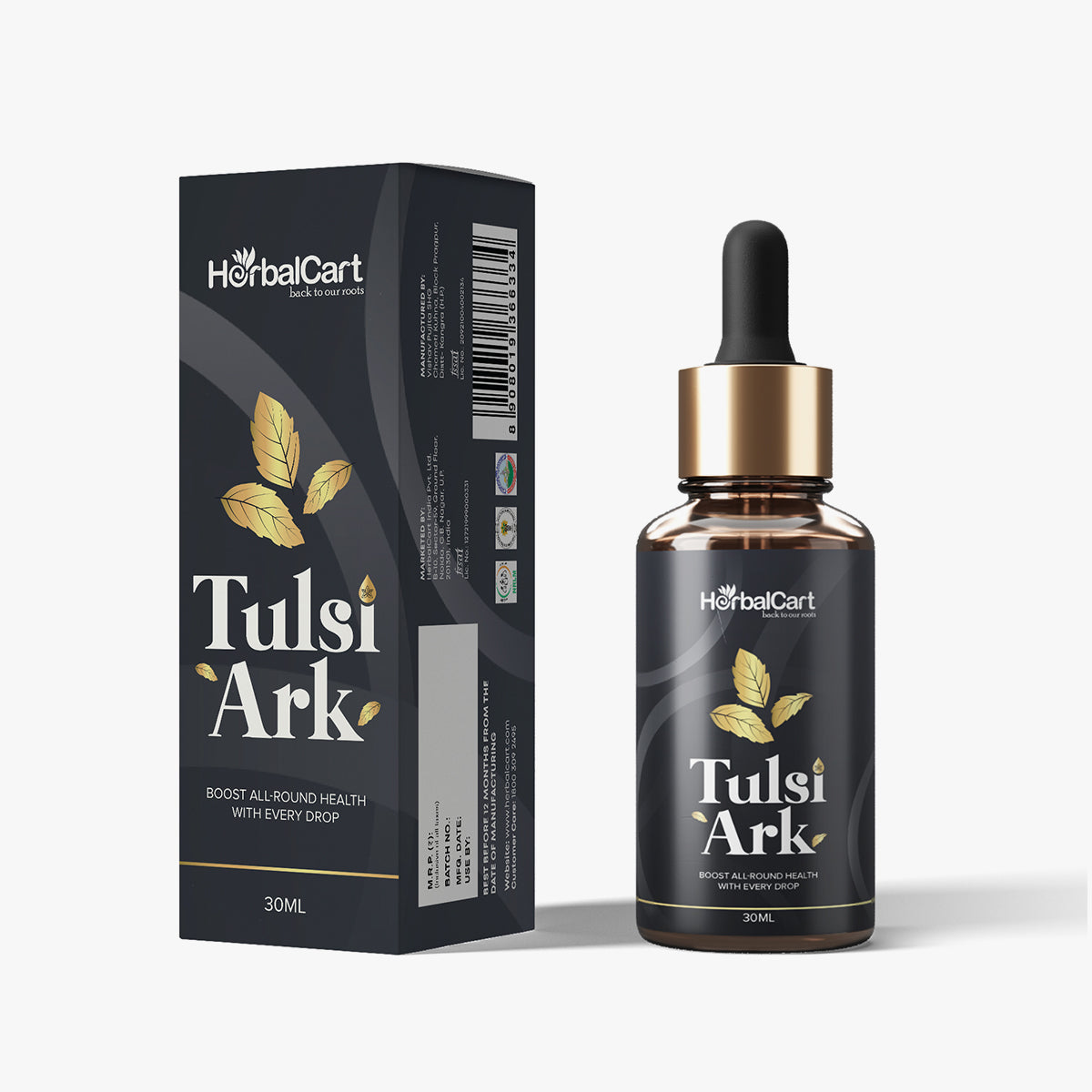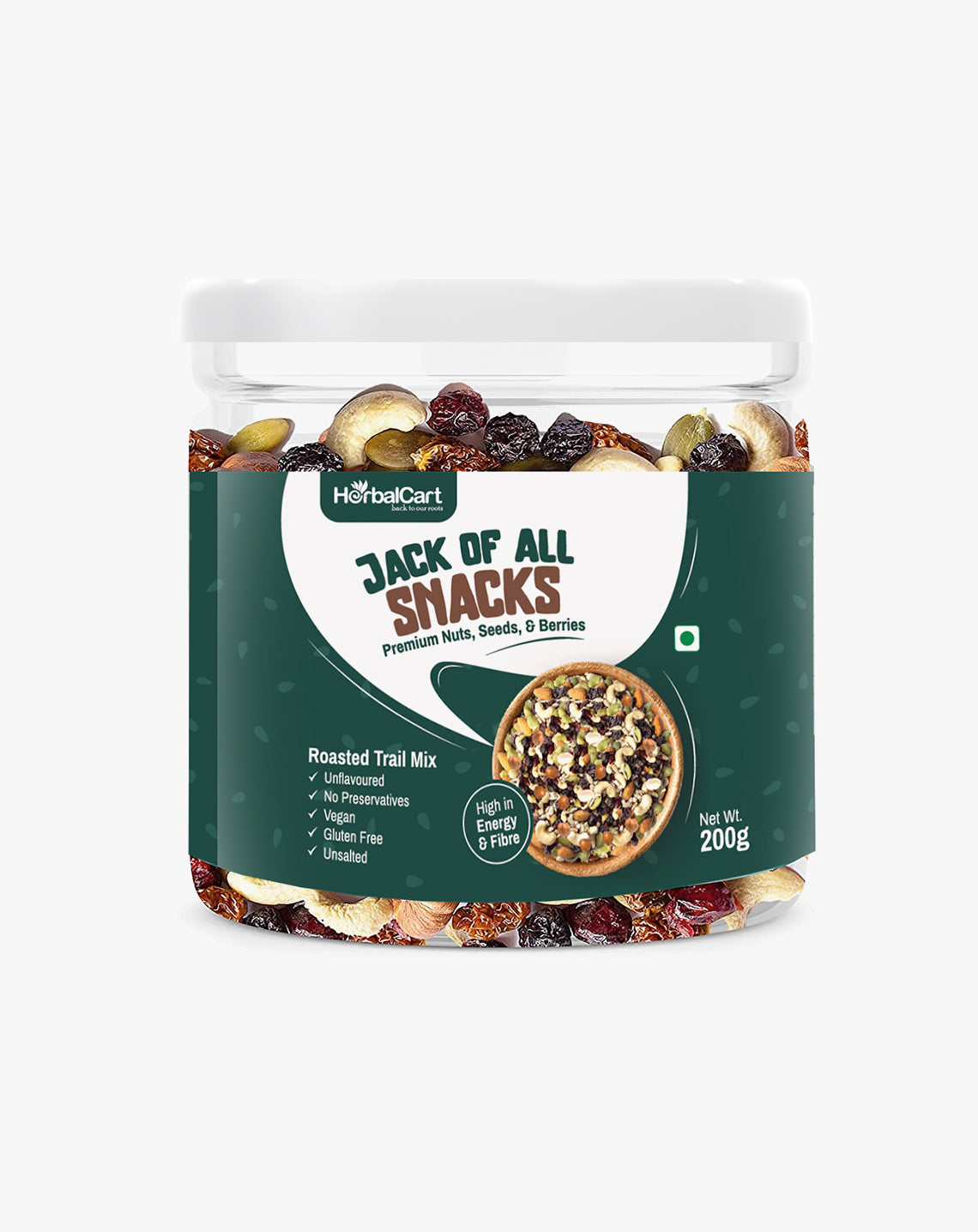Nicotinamide Adenine Dinucleotide (NAD) is a vital coenzyme found in every cell of the body. From energy production to DNA repair and cellular function, it is required for every process. However, its levels decline with age; thus, affecting cognitive function, metabolism and longevity. Let’s understand its importance to optimize overall health and prevent age-related decline.
What is NAD?
NAD is derived from vitamin B3 (niacin) and exists in two forms:
-
NAD+ (oxidized form) – Active in metabolism and cellular repair
-
NADH (reduced form) – Carries electrons for energy production
Both forms work together to sustain important functions of the body, making NAD a foundation of both health and longevity.
Read more: What is NAD+ and How is it Effective in Bringing Anti-Aging Properties?
Key Functions of NAD in the Body
1. Boosts Energy Production
NAD has a major role in conversion of food into energy. A crucial component of the mitochondria’s electron transport chain, it generates adenosine triphosphate (ATP), the primary energy currency of the body. Lack of NAD slows down energy production, resulting in fatigue and metabolic inefficiencies.
2. Supports Cellular Repair and DNA Maintenance
NAD activates sirtuins, proteins known to regulate cellular health and repair damaged DNA. This process prevents mutations, curbs the risk of age-related diseases and promotes longevity. Environmental factors like toxins, UV radiation and stress damage the DNA, which further increases the importance of NAD to slow down aging.
3. Enhances Brain Function and Cognitive Health
Optimum NAD levels support neurotransmitter function, improving memory, focus and mental clarity. Furthermore, it protects brain cells from oxidative stress and neurodegenerative conditions like Alzheimer's and Parkinson's. NAD boosts cellular repair to prevent cognitive decline and support brain function.
4. Improves Metabolism and Weight Management
NAD is a part of metabolic pathways that regulate fat and glucose metabolism. Higher NAD levels optimize insulin sensitivity, decrease fat accumulation and support weight management. Reduction in NAD levels slows down metabolic function, which complicates healthy weight management.
5. Reduces Inflammation and Oxidative Stress
Chronic inflammation leads to aging and various diseases, including cardiovascular disease and diabetes. NAD regulates inflammatory responses; thereby, reducing oxidative stress and protecting cells from damage. Upon reducing inflammation, NAD supports long-term health and protection against chronic illnesses.
6. Promotes Muscle Recovery and Endurance
NAD enhances mitochondrial function to support muscle repair, something important for athletes and those engaging in physical activity. Also, it supports muscle endurance, reduces fatigue and improves performance.
7. Aids in Detoxification and Liver Health
Higher NAD levels support liver function by eliminating harmful toxins from the body. This makes NAD vital for people exposed to high levels of pollutants or those recovering from liver-related conditions.
8. Supports Cardiovascular Health
NAD maintains heart health by improving blood vessel function and decreasing oxidative damage. It regulates blood pressure, prevents plaque buildup in arteries, reduces cholesterol levels and lowers the possibility of cardiovascular diseases.
How to Boost NAD Levels Naturally
As NAD levels decline with age, maintaining its levels is a must for good health. Here are effective ways to boost NAD:
1. Dietary Sources
-
Foods like fish, peanuts, poultry and mushrooms are rich in vitamin B3 and help to increase NAD production.
-
Fermented foods such as kimchi and yogurt contain precursors that support NAD synthesis.
-
Leafy greens, whole grains, and avocado also increase NAD levels.
2. Exercise
Regular physical activity, especially high-intensity interval training, stimulates NAD production and improves mitochondrial efficiency. Exercise also promotes the activation of sirtuins, benefiting cellular health.
3. Intermittent Fasting and Caloric Restriction
Restricting calorie intake and switching to intermittent fasting activate sirtuins, increase NAD levels and promote longevity. According to studies, fasting for 12-16 hours can boost NAD+ production.
4. NAD Supplements
-
Nicotinamide Riboside (NR) and Nicotinamide Mononucleotide (NMN) are precursors that effectively raise NAD levels.
-
Some supplements combine NR or NMN with other ingredients to support longevity even more.
5. Sleep and Stress Management
Quality sleep and stress reduction preserve NAD by preventing its depletion. Chronic stress increases oxidative damage, leading to faster NAD consumption. Hence, relaxation techniques are essential to maintain NAD balance.
6. Cold Therapy and Heat Therapy
Exposing the body to cold temperatures (cold showers or cryotherapy) and heat (saunas or hot baths) can activate heat shock proteins and enhance NAD production. These therapies help improve cellular resilience and longevity.
Who Can Benefit from NAD Boosting?
NAD optimization is beneficial for:
-
Individuals over 40 experiencing age-related decline
-
Athletes seeking improved endurance and recovery
-
People with metabolic disorders like obesity and diabetes
-
Those who want to support brain function and cognitive health
-
Anyone interested in longevity and anti-aging strategies
-
Those recovering from chronic illnesses or toxin exposure
Potential Side Effects of NAD Supplements
While NAD supplements are generally safe, some people may experience mild side effects such as:
-
Nausea or stomach discomfort
-
Flushing (especially with high doses of niacin-based NAD precursors)
-
Insomnia, if taken too late in the day
To avoid side effects, start with a low dose and gradually increase as needed. Consulting a healthcare provider before beginning supplementation is recommended.
Conclusion
NAD is a powerful coenzyme that plays a key role in energy production, cellular repair and overall health. Investing in NAD-boosting strategies can lead to enhanced well-being and a healthier aging process. As research continues to uncover its benefits, NAD remains one of the most promising molecules for optimizing health and extending lifespan.





